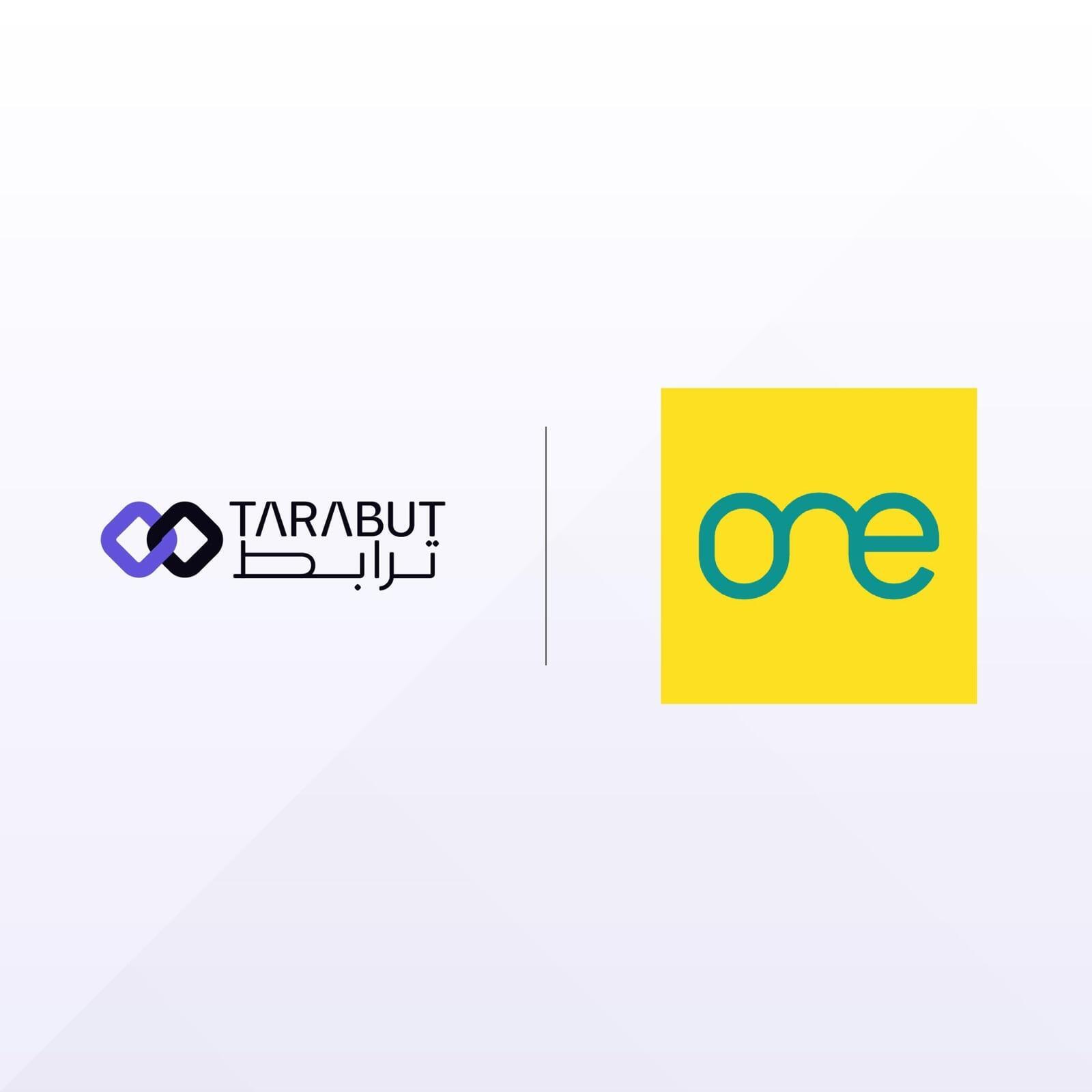15 Sep 2022 - Saudi Arabia is on the cusp of a financial services renaissance, accelerated by a wave of innovative fintechs, powered by Open Banking infrastructure and underpinned by forward-thinking regulation. For instance, Fintech Saudi was established by the Saudi Central Bank (SAMA) in partnership with the Capital Market Authority in April 2018 and since then, the fintech ecosystem has gone from strength to strength. In 2018 there were just 10 registered fintechs in Saudi Arabia, by the end of 2021 that number had reached 82, with plenty more scope for innovative new entrants to join the ecosystem. KSA fintech businesses also landed record investment last year, with more than SAR 1.3bn of venture capital secured.
Open Banking plays a key role in developing the ecosystem, with the Saudi Central Bank (SAMA) issuing its policy in January 2021 to diversify the financial services economy. This framework is in line with the Saudi Vision 2030 and the Financial Sector Development Program (FSDP), to support and stimulate private sector growth, develop an advanced capital market, and promote stronger, prudent financial planning.
It’s critical to recognize that fintechs rely on a variety of participants, including regulators, financial institutions, technology developers, open banking infrastructure providers and other financial services companies. At the centre, there must be a regulatory environment that provides stability and supports growth.
Open Banking, as mandated by the Saudi government, provides banks and fintechs with the opportunity to collaborate through Open APIs (application programming interfaces). In practice, this enables a customer to securely share data and initiate payments, with their consent, between their financial institution and fintechs (third-party providers / TPPs), and benefit from innovative customized products and services. Tarabut Gateway sits at the junction of these exciting spaces, working together with fintechs and banks to enable seamless customer experiences.
Saudi Arabia – a market ready and eager for Open Banking
The Fintech Saudi Annual Report 2021 outlined that 88% of fintechs were positive about Open Banking, 92% were interested in collaborating with existing financial institutions and 93% were keen to use APIs for their business solutions. The mandate from the authorities is clear and the desire amongst fintechs is overwhelming – Open Banking is set to propel the Saudi financial services ecosystem into the next generation.
Fintechs are ready for progress, and so too are the consumers. The Kingdom is one of the most highly connected countries in the world. An estimated 97.9% of the population are regular internet users, while there is 116% smart phone penetration – in other words, there are more registered sim cards in the Kingdom than people. More than half of the population is under 35, indicating a young, savvy and connected demographic ready to embrace new forms of financial services.
A beneficial infrastructure for fintechs and banks
Open Banking collaboration between banks and fintechs offers several advantages. It helps encourage an ecosystem of innovation, ensuring a stronger offering for customers through the development of new and relevant products. These new services can provide additional revenue streams for incumbent banks and fintechs alike, leading to greater customer satisfaction and improved efficiencies. For fintechs, open banking provides crucial infrastructure to test their products via sandboxes with real-world data while ensuring compliance with regulations. Its real-world applications are numerous too, enabling these businesses to make data-driven decisions.
Take the example of microfinancing, a growing and important area of personal finance. It is often a challenge for financing institutions to capture aggregate data on a customer’s income levels from disparate sources. With open banking, providers have access to greater real-time data and insights, to better understand the financial situation of a customer and ensure offers and approvals are appropriate. Furthermore, on the payment’s spectrum, it can cost-effectively optimize reconciliations, direct debits, repayments, and payouts.
By collaborating through open banking APIs, fintechs have the foundation to scale and grow across Saudi Arabia. As the API infrastructure is built to global standards, Saudi fintechs also benefit from the opportunity to take their products to international markets at a much faster rate.
Collaborating for success, on the road to Open Finance
At Tarabut Gateway, we believe open banking can fuel the growth of fintechs across the Saudi ecosystem. Currently, fintechs are operating across banking, personal finance, buy now pay later (BNPL), payments, exchanges, lending, corporate finance and tools, capital markets, fundraising, and insurance. That diversity will continue to grow with open banking as the enabler.
Intelligent sharing of data with the consent of the consumer can catalyze sectors beyond financial services too. This is the first stage of the journey towards an open finance and open data economy.

Relevant releases

Amazon Web Services and Tarabut Join ONE App to Enhance the Future of Digital Financial Solutions in Bahrain
ONE App, Bahrain’s first comprehensive digital financial marketplace, has announced the addition of Amazon Web Services and Tarabut to its list of key partners contributing to the development and enhancement of the user experience.
